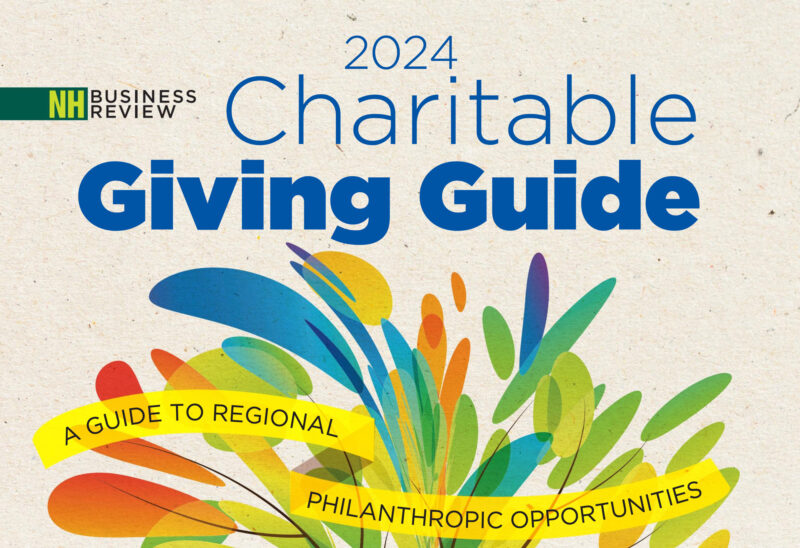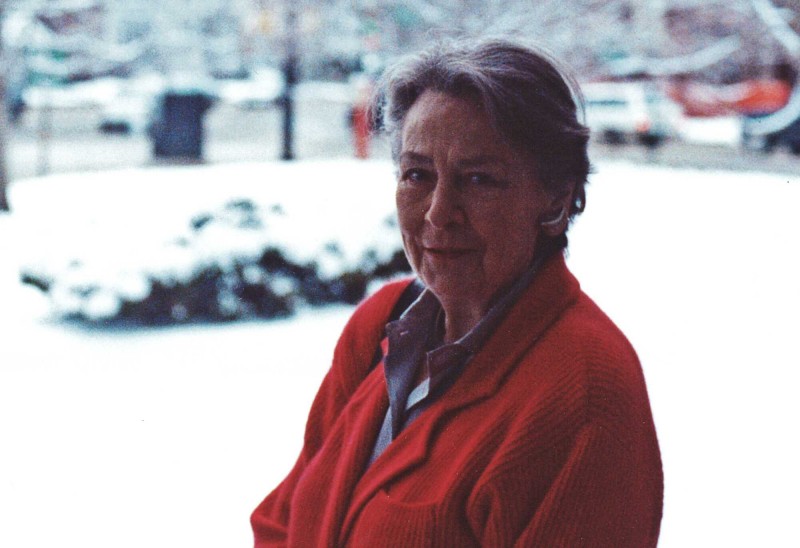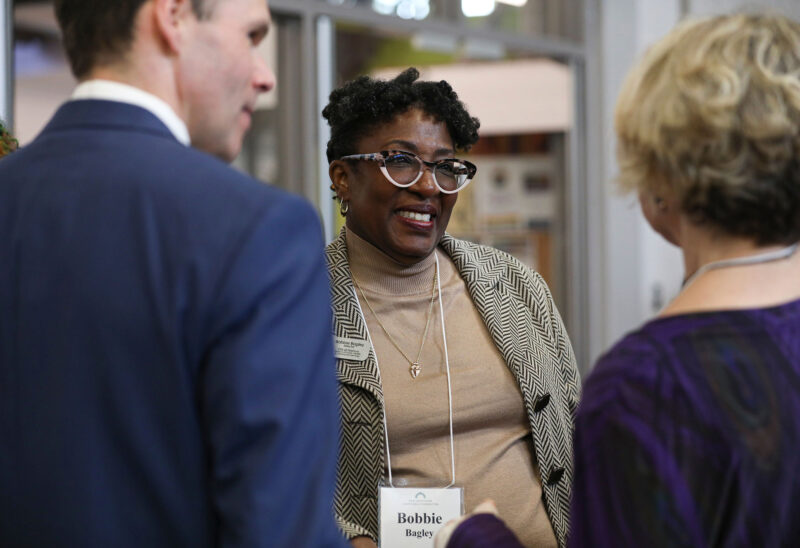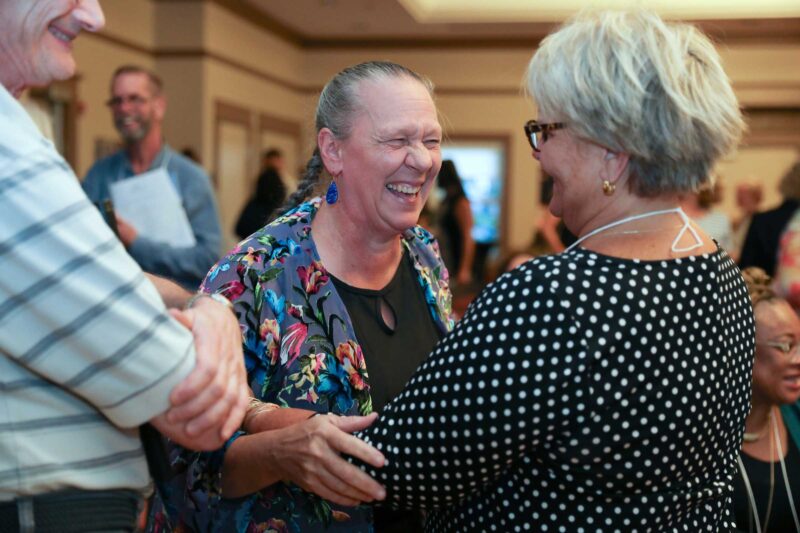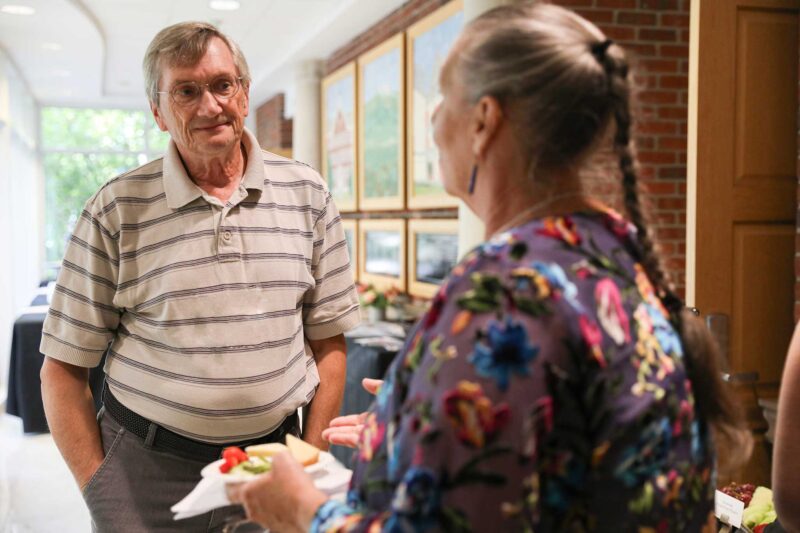With schools closed, New Hampshire’s teachers and students are adapting to remote instruction on the fly, and families are adapting to a version of homeschooling that truly does involve staying home.
New Hampshire’s nonprofit organizations that offer programming for children and families are adapting as well, and offering online learning resources for everything from civics to science to art. Here are some of the free programs and resources being provided by local nonprofits:
The Mount Washington Observatory, “Home of the World’s Worst Weather,” has created a virtual classroom where it is now “Home of the World’s Worst Weather LIVE” on Facebook. On Mondays, Tuesdays and Thursdays at 11:15 am, the observatory’s summit scientists go live from the highest spot in New Hampshire to share the latest weather conditions and forecasts, followed by a Q&A session. Click here to join the Facebook live events. Each session focuses on a special topic, with related worksheets, activities and experiments available on the Observatory’s website. The programming expands on the observatory’s established distance-learning program for students across the country.
It is never not time for civics! NHPR has created a “Learn at Home with Civics 101” resource to go with its popular “Civics 101” podcast. It features daily lessons that the hosts are producing from home (and which feature dogs and some fabulously improvised equipment) plus short quizzes on the episodes and a range of activities that were originally created for classroom use but can be adapted for homeschool use. This short introductory video will kind of make your day: Civics 101: Podcasts for Isolated Ears.
The education team at the Montshire Museum of Science in Norwich, VT has put together a full kit of DIY science projects, community challenges, videos and downloadable activities like puzzles and scavenger hunts. They’re featuring a new theme each week — like bubbles and soap and seeds.
The Vermont Institute of Natural Science is doing a series of Facebook Live and Facebook Video events with environmental educators – including a forest canopy walk tour, a “reptile encounter” and a “falcon encounter.” VINS also offers an array of other resources and activities, from outdoor scavenger hunts to communicating with light patterns and tips for backyard birding. The Upper Valley Teaching Collaborative has collated the resources and organized them by grade level.
Head over to New Hampshire PBS for a full slate award-winning children’s programming and learn at-home resources, including daily activities organized by grade level, links to an array of curricula and activities, plus StoryLine Online (and who can help but love New Hampshire’s own Sarah Silverman reading “A Tale of Two Beasts?”). NHPBS has also collated a full list of resources for parents/educators and students about teaching and learning about the Coronavirus pandemic (including “How you and your kids can de-stress during coronavirus”). The New Hampshire PBS WORLD Channel, in partnership with PBS LearningMedia is also broadcasting at-home learning programs for grades 6-12 Monday–Friday from 12 – 5 pm on channel 11.3, featuring public media science, history and other educational programming. The programming curated and supplemented with related learning resources from PBS LearningMedia, a free online service.
Let your young artists get creative with help from the Currier Museum of Art’s Currier From Home resources — activities, games, projects and an online tool for browsing and searching the museum’s collection. (Here’s another idea, courtesy the Getty Museum in Los Angeles. Browse the Currier’s collection online and then try recreating one of the works of art with materials you have around the house — including your own spectacular poses. Fans of the Getty have been posting their hilarious results on Twitter.)
How about a nature-based treasure hunt for the family, right in your backyard? Here comes a crash course, and everything you need to put it together. Elise Tillighast, in this wonderful installment of the Outside Story weekly series, writes about What to See, Hear and Do Outdoors Right Now: A Treasure Hunt for Early Spring: “This is such a disorienting time, when all our lives have been turned upside down and shaken. One of the ways my own family is coping is by spending time outside every day. We stage nature treasure hunts in the woods behind our house. The kids work as a team, with points awarded for number of species identified, and chocolate doled out after every 10 points. It’s fun for the kids. For my husband and me, it’s a chance to escape a swarm of worries and enjoy such basics as spring light and birdsong…”
New Hampshire’s ocean beaches may be closed for now, but you and your kids can still learn about the ocean and coastline with help from The Seacoast Science Center. New lessons are being added every week to their Learning Connection page, with videos, activities, stories and a host of other resources. Kids can do an interactive virtual tidepool exploration, go on a “shapes in nature” scavenger hunt, learn all about seahorses and seaweed — and lots more. You can sign up to get new activities emailed weekly.
The Nature Conservancy in New Hampshire has announced that the national Nature Conservancy’s Nature Lab is now live. Parents and kids can go on virtual explorations of the coral reefs of Palau, the rainforests of Borneo — and more. The Nature Lab features teacher guides and resources organized by grade level, from kindergarten through 12th grade.
The Children’s Museum of New Hampshire in Dover has a library of online resources for parents, kids and teachers. The Museum’s STEM video challenge series includes lessons (and ideas for kids to try at home) about simple machines, the physics of flight, the basics of scientific inquiry — and more. The library also includes activities that can be adapted for the home-classroom about sound, patterns and (of course) dinosaurs.
The Nackey S. Loeb School of Communications has moved a slate of free courses (for older students and adults) online for the spring, including “First Amendment in Times of Crisis,” and “Write Now or Write Away: Creating Personal Narrative in Real Time,” about keeping a journal during a time of crisis.
New Hampshire’s nonprofit sector is adapting to support our communities in ways none of us could have foreseen a few short months ago — even as many deal with lost revenue and huge uncertainty during this difficult time. Please support the nonprofits that are supporting our communities in whatever way you can.
This list is not comprehensive, and we realize that nonprofits are always creating new resources. If your organization is offering something for children and families that we should include here, please email Ybvf.Furn@aups.bet.

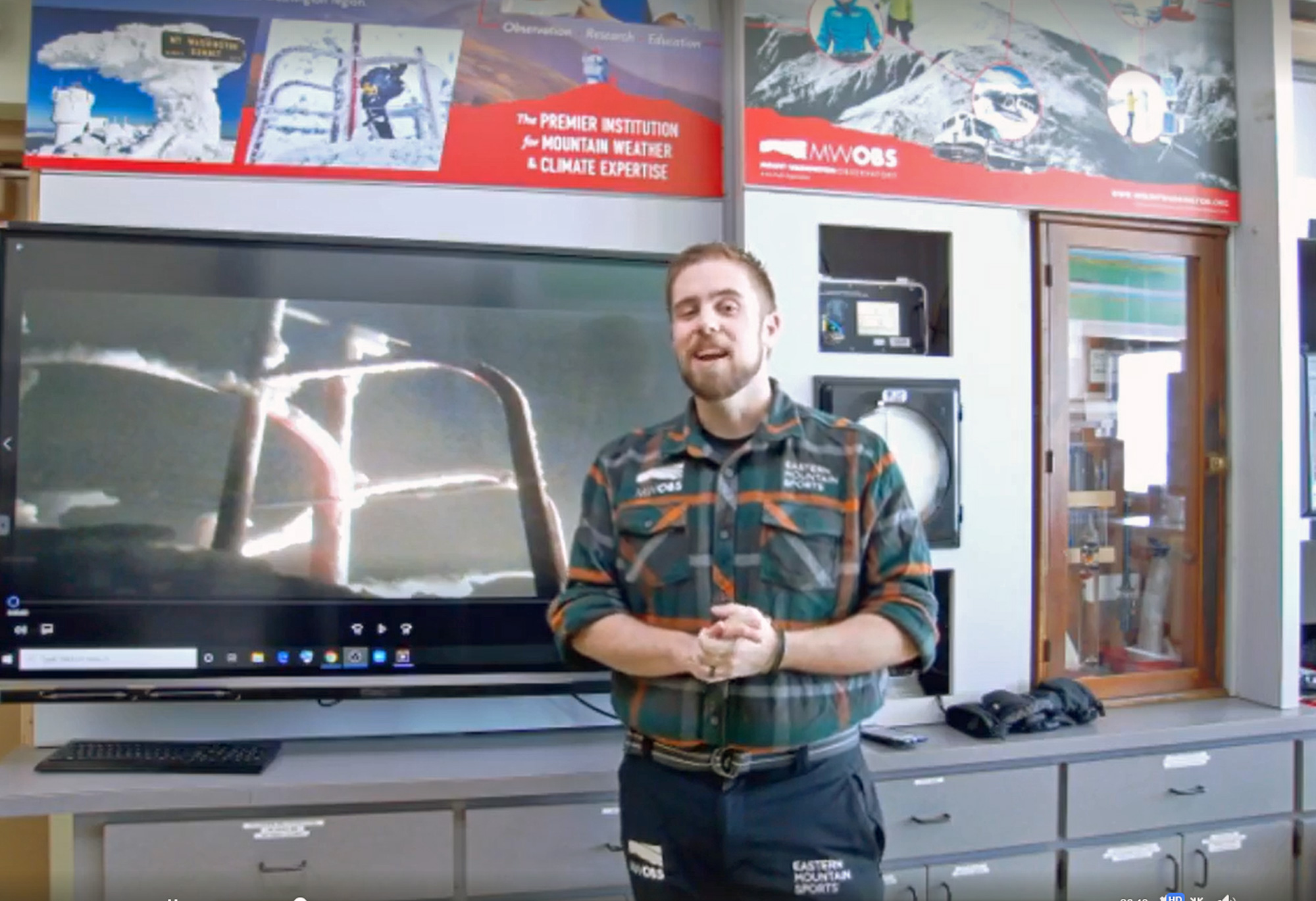








![Rev. Heidi Carrington Heath joined Seacoast Outright. [Photo by Cheryl Senter]](https://www.nhcf.org/wp-content/uploads/2024/05/Heidi-Carrington-Thumbnail-800x548.jpg)
![Dr. Jennie Hennigar treats a patient at the Tamworth Dental Center [Photo by Cheryl Senter]](https://www.nhcf.org/wp-content/uploads/2024/05/TCCAP-Hero-800x548.jpg)


